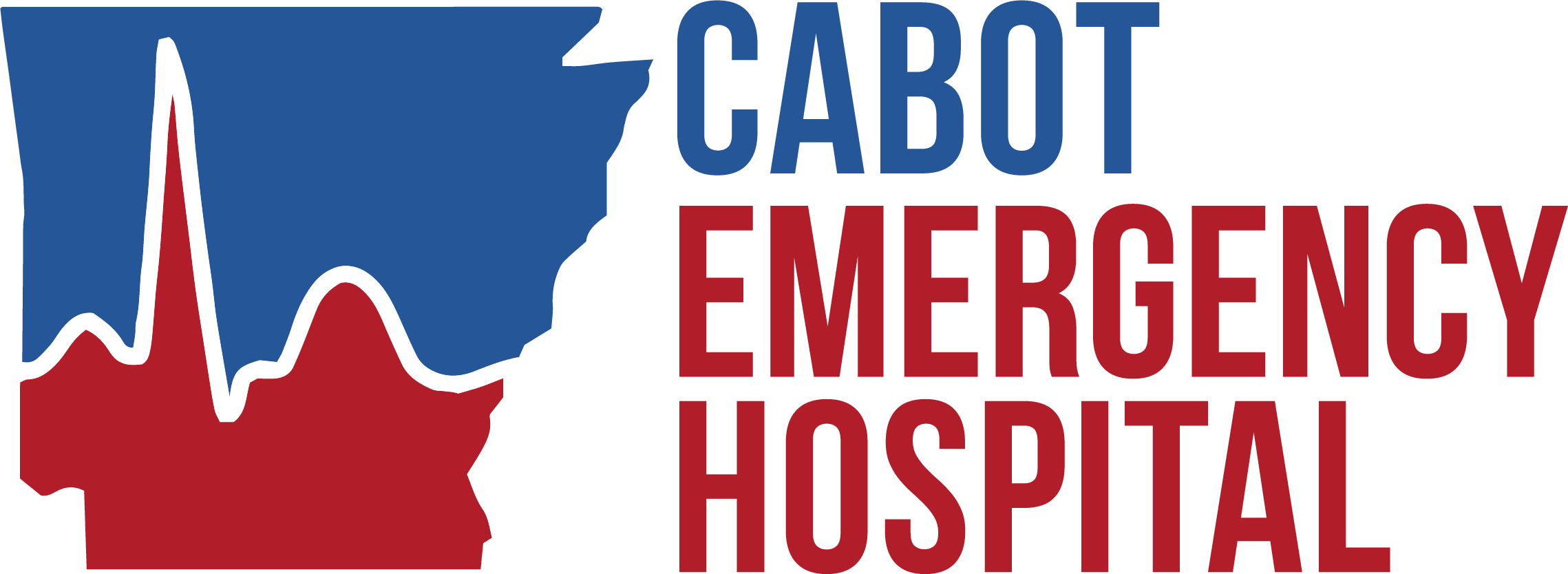Summer is in full swing, which means we are all spending more time outside. We strongly encourage everyone to be aware of the importance of protecting their skin from the sun and UV rays. As you may know, too much exposure to UV could cause skin cancer. According to The National Cancer Institute, skin cancer is by far one of the most common types of cancer. There are about 5.4 million people diagnosed with it each year.
Healthy Skin Is In
- Using sunscreen with an SPF of 30+ will help block UV rays.
- In these excessive temperatures, avoid going outdoors. If you must be outside, wear long pants and long-sleeved shirts that cover exposed skin.
- UV rays can also be very damaging to the eyes. Wearing sunglasses outside will help protect your eyes from sun exposure.
- Seek shade or stay indoors to help reduce the risk of sun damage.
What is UV Index?
The US National Weather Service and the EPA have developed the UV Index, which tells you how strong the UV light is in your area on any given day. Using a scale from 1 to 11+, the higher number indicates a greater risk of exposure to UV rays and, therefore, a higher chance of sunburn and skin damage. It is important to keep an eye on the UV index and understand the potential risks of exposure to the sun and UV rays.
What to Avoid
Like the sun, UV rays from tanning beds can also be very harmful to your skin. Tanning lamps can produce both UVA and UVB rays, which can cause long-term skin damage and contribute to skin cancer.
Small UV lamps are commonly used in nail salons. These lamps give off small amounts of UVA rays, and the risk of skin cancer from these lamps is thought to be relatively low. However, expert groups recommend applying sunscreen to the hands before using one of these lamps.
Treatments
Unfortunately, no matter how hard you try to avoid it, sunburns are sometimes inevitable. We have a few at-home tips that can help relieve your body from some of that pain and discomfort:
- Rehydrate your body.
- Use a moisturizer that contains aloe vera or soy to help soothe sunburned skin.
- Use cold compresses or take a cold shower for relief.
If you or a loved one experience severe burns that are not responding to at-home care, seek medical attention immediately. In the event you need to be seen by a medical professional, our facility remains open 24/7/365/.
Consult a doctor if your sunburn:
- Is blistering and covers a large part of your body.
- Is accompanied by high-grade fever, headache, chills, dehydration, serious pain, confusion, or nausea.
- Gets infected or shows signs of swelling, pus, or red streaks.
Enjoy your summer the safe way by covering up, limiting UV rays exposure, and frequently applying SPF!
Disclaimer: As a service to our readers, Cabot Emergency Hospital and Nutex Health state no content on this site, regardless of date, should ever be used as a substitute for direct medical advice from your doctor or other qualified clinicians.





Comments are closed